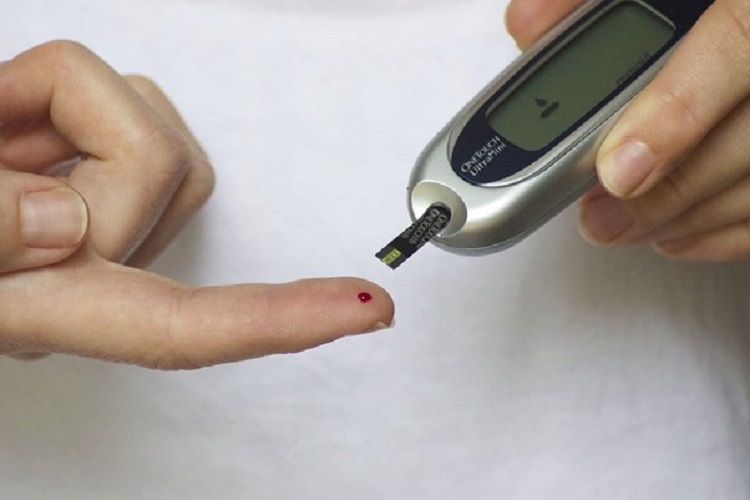Neisseria gonorrhoeae is a sexually transmitted bacteria which causes the infection gonorrhoea. Strains of gonorrhoea have evolved which are resistant to all classes of antibiotics. This ‘super gonorrhoea’, which is has been found in the UK and elsewhere, and the number of resistant strains is increasing globally. Gonorrhoea has been designated a high priority by the World Health Organization and Public Health England for developing new drugs and new diagnostic approaches.
The recent O’Neill review concluded that new diagnostics to quickly detect resistant organisms are urgently needed. In our study we looked at the potential for new diagnostic tests to improve the management of gonorrhoea by preserving existing antibiotics, and what the cost implications of these new tests might be.

Project aim
To create a mathematical model to investigate the treatment impact and economic implications of introducing an antimicrobial resistance point-of-care test for gonorrhoea as a way of extending the life of current last-line treatments.
Anticipated impacts
This work is part of an ongoing programme to understand the epidemiology of gonorrhoea in the general population and in high risk groups, such as men who have sex with men, and to evaluate the impact of controls such as new diagnostic tests and vaccination. This project is part of our vibrant and growing interdisciplinary research network on antimicrobial resistance. Our work will inform policy makers’ decisions on the prioritisation of control measures and reducing the spread of drug resistant infections.
The research has been included in the O’Neill review of the economic impact of antimicrobial resistance (AMR) and results have been published in BMJ Open.
Partners
UK Health Security Agency, Wellcome Trust, Duke University, Aquarius Population Health
Funder
National Institute for Health and Care Research (NIHR)
Lead researcher
Katy Turner, Dr (University of Bristol)